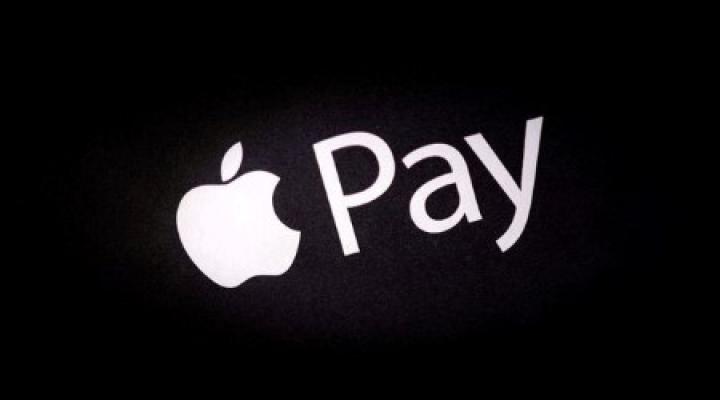TikTok Halts E-commerce Service in Indonesia Following Ban
The Indonesian Government’s Ban on TikTok E-commerce
The Indonesian government’s decision to ban TikTok’s e-commerce service stems from concerns over security and data privacy. Authorities have expressed worries about the potential misuse of user data and the risk of unauthorized access to sensitive information. The ban is part of a broader crackdown on foreign technology companies operating in Indonesia, with the government aiming to protect its citizens’ personal data and ensure compliance with local regulations.
Implications for TikTok’s Expansion Plans
TikTok’s decision to suspend its e-commerce service in Indonesia is a setback for the company’s ambitious expansion plans in the country. Indonesia is one of TikTok’s largest markets, with a significant user base and a thriving e-commerce sector. By integrating e-commerce functionalities into its app, TikTok aimed to tap into the country’s growing online shopping trend. However, with the ban in place, TikTok will need to reassess its strategy and find alternative ways to engage with its Indonesian users.
Impact on Indonesian Users and Content Creators
The ban on TikTok’s e-commerce service will not only affect the company but also its Indonesian users and content creators. Many users have embraced TikTok as a platform for showcasing and promoting products, and the e-commerce feature provided them with a convenient way to monetize their content. With the suspension of the e-commerce service, these users will need to explore other avenues for selling their products and generating income. Content creators, in particular, may face challenges in adapting to the sudden change and finding alternative revenue streams.
Alternatives for TikTok Users and Content Creators
In light of the ban, TikTok users and content creators in Indonesia will need to explore alternative platforms and strategies to continue their e-commerce activities. Several local e-commerce platforms, such as Shopee and Tokopedia, offer opportunities for users to sell products and reach a wider audience. Additionally, social media platforms like Instagram and Facebook can serve as effective channels for promoting and selling products. Content creators can also leverage these platforms to monetize their content through partnerships and sponsored posts.
The Future of TikTok’s E-commerce Service in Indonesia
While the ban on TikTok’s e-commerce service is currently in effect, the future of the company’s e-commerce endeavors in Indonesia remains uncertain. TikTok has expressed its commitment to complying with local regulations and addressing the concerns raised by the Indonesian government. It is possible that TikTok will work towards resolving these issues and reinstating its e-commerce service in the future, once the necessary safeguards and measures are in place. However, this process may take time, and TikTok will need to navigate the regulatory landscape and build trust with local authorities.
Conclusion
The suspension of TikTok’s e-commerce service in Indonesia following the government’s ban is a significant setback for the company’s expansion plans in the country. With concerns over security and data privacy, the Indonesian government aims to protect its citizens’ personal information and ensure compliance with local regulations. This decision has implications not only for TikTok but also for its Indonesian users and content creators who relied on the e-commerce feature for monetization. As TikTok explores alternative strategies and platforms, the future of its e-commerce service in Indonesia remains uncertain.




